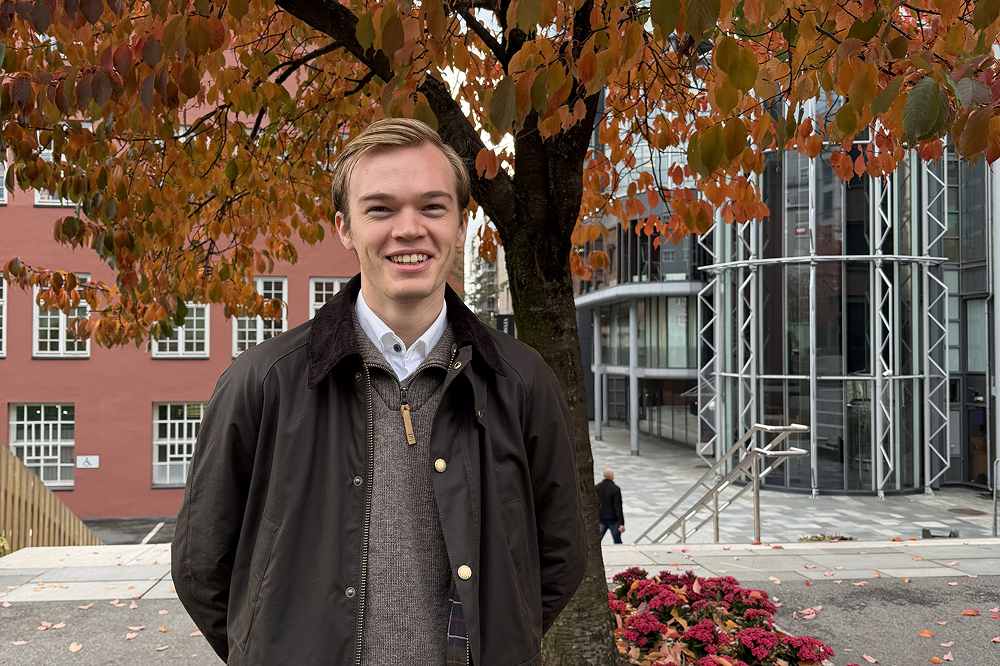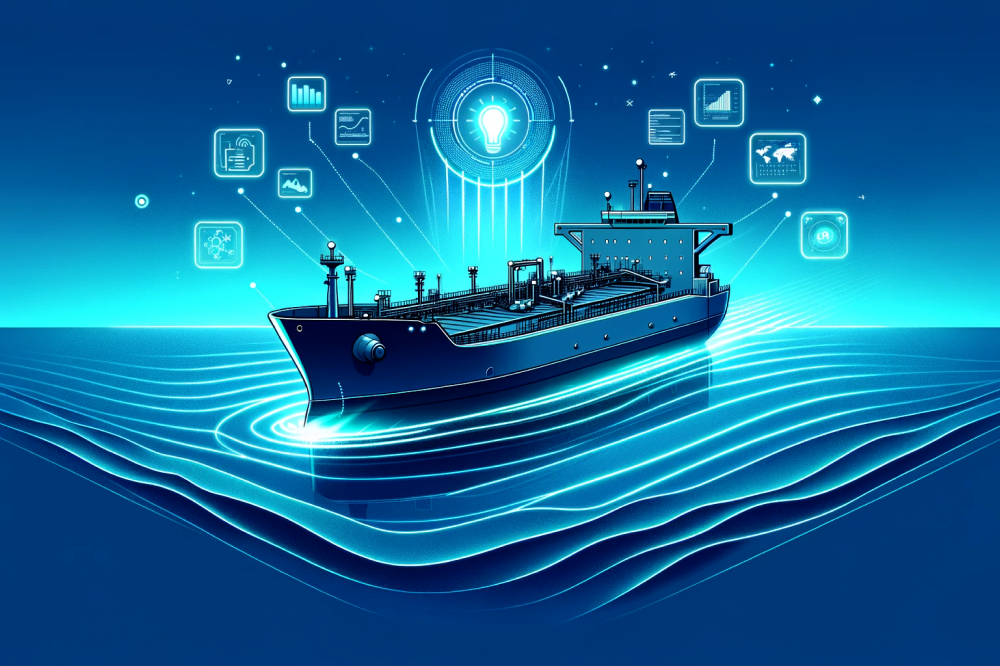
Meet Martin - Sr Backend Developer
Welcome to Maritime Optima Martin! Tell us a bit about yourself, about your background? Your education? What are your interests? What have you been doing before you joined Maritime Optima?
I come from Prague, where I have studied Computer Science at the Faculty of Electrical Engineering, in an exciting program, taking us the entire way from math and physics, through electronics to software engineering. A great experience has been working with the computer vision group on my master’s thesis. Thanks to exchange programs, I spent a year in the US and one in Spain during my study period. In Granada, I met my wife and later moved to Oslo to join Nokia, who had just bought Trolltech (now The Qt Company) to work on Qt, later on integrating it into a Linux-based platform developed by Nokia. At the end of 2012, a chance to get back closer to science attracted me to MET Norway, where I worked in different roles, close with talented scientists, with a common goal of bringing results of scientific work to production as fast as possible. In the 1900s, Norwegian scientists have been pioneering numerical weather forecasting and later open access to weather data. Today Yr is a globally popular service and I am proud to have been part of the journey.
I am interested in data mining and AI. In 2016, with our hackathon team, we worked on an image recognition project to improve cloud coverage observations, which now contributes to improving Yr forecasts. Last year, I took a Data Science “nanodegree” at an online educational institution called Udacity.
In my free time, I like to spend time with my family and sports. These days it’s mostly running. As a spectator, my favourites are Formula 1 and ice hockey.
Fun fact: I got a boating license when I was 16, but I didn’t drive a boat until I moved to Oslo, where we used to share a 22-foot sailboat with a friend.
There are so many digital maritime initiatives and start-ups around. What caught your interest in Maritime Optima?
First, it was the technological stack and the interesting problems to solve. When I met members of the team and saw what they do, my interest has grown to enthusiasm.
What are your favorite programming languages?
Go; Python as a gateway to the world of fantastic tools like numpy, pandas, Keras and PyTorch; Julia.
What are your responsibilities in Maritime Optima? Where / with what do you think you will contribute as a senior developer? What do you look forward to working with?
My experience is with building and operating mission-critical systems and with processing enormous amounts of weather data. Being passionate about knowledge-management systems, I want to contribute to a good flow of information and architectural choices.
The data analytics platform is the system I am looking forward to work with.
What do you think might be the essential criteria to become a successful start-up?
At the beginning, it is the ability to deliver the right product fast enough. A wonderful mix of planning, trusting your instinct and listening to the customers is needed to give the users the features they want and to keep the architecture consistent and able to grow at the same time. In the next phase, I think it is about surviving the scale-up.
We aim to build a great team where everyone matters, thrives, develops their skills, and expands their knowledge because great teams are inspired and committed and will find the best solutions for the customers, the company, the people working here, and the environment. How would you describe a great team?
I would like to borrow a quote from Simon Sinek, which I spotted somewhere last year, he said that: “A team is not a group of people who work together. A team is a group of people who trust each other.”















